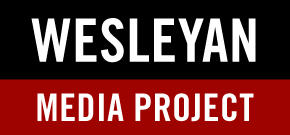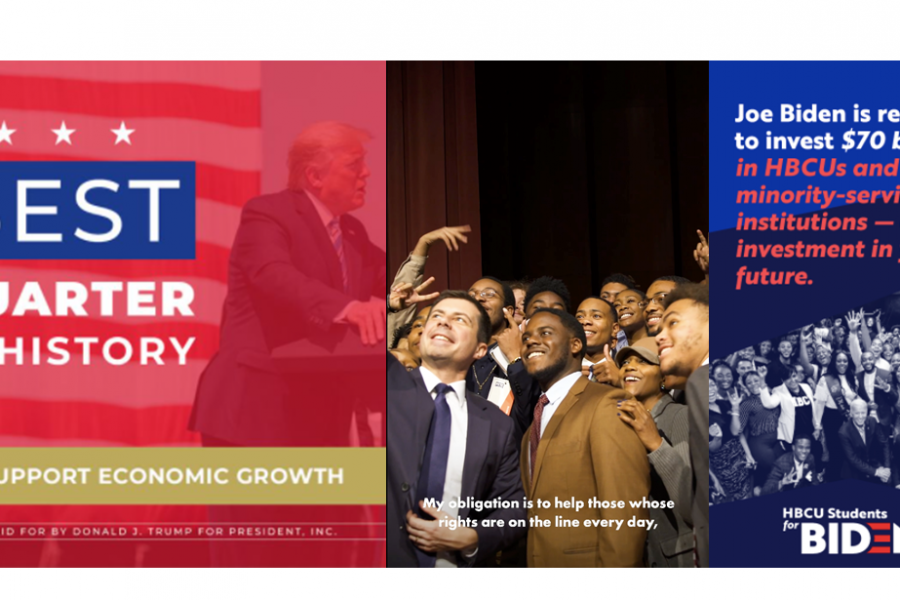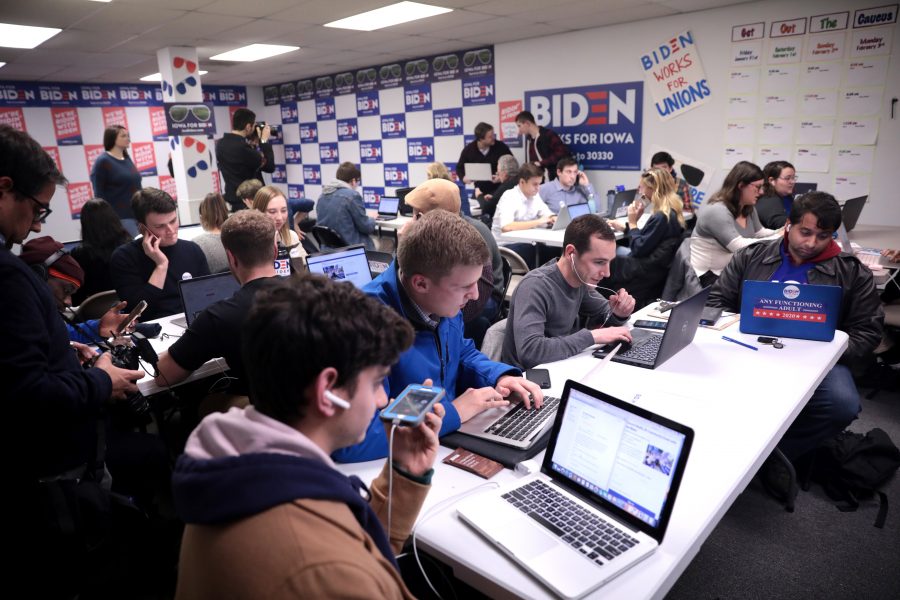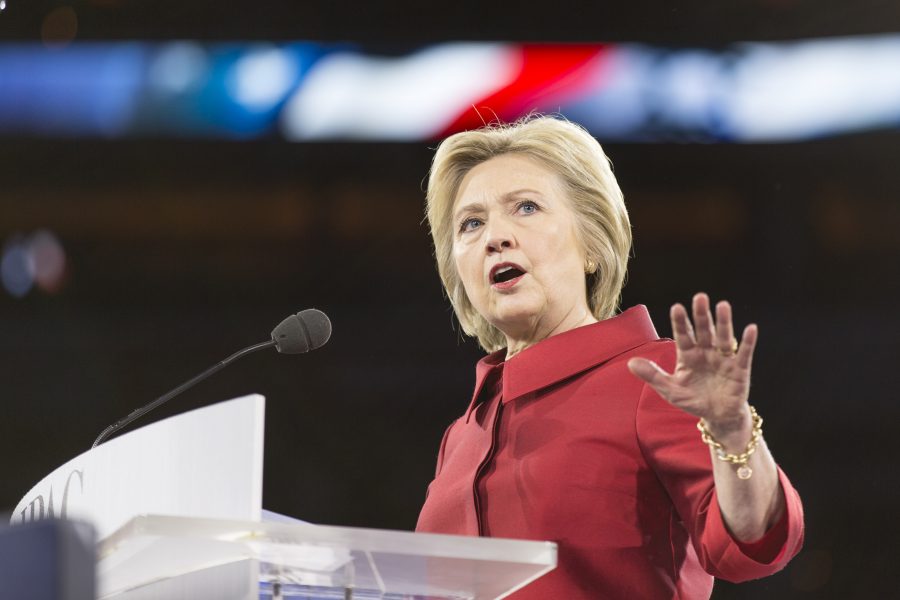WMP Submits Comments to Federal Election Commission about Enhanced Reporting of Campaign Spending The FEC is considering a new rule on how campaign committees report spending by contractors and consultants. WMP co-director Michael Franz submitted comments in support of the new regulation, arguing that existing rules make it hard to track ad spending on digital platforms. His full set of comments are linked here. The summary of the report is below: “This analysis compares FEC expenditures by U.S. House candidates in the 2019-2020 cycle with Facebook Ad Library totals for candidates between January 2019 and Election Day 2020. We use…
Wesleyan Media ProjectOctober 22, 2021




